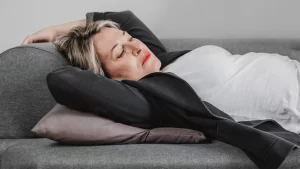
Overview of Mood Disorders
The exact causes of mood and mental health disorders, like depression, aren’t fully understood, but a combination of genetic, psychological, and medical factors appear to play a role.
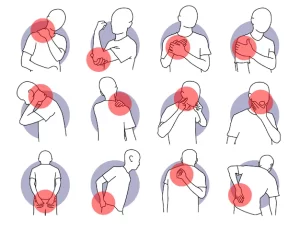
How Mood Disorders Affect Your Body
Mood disorders and depression affect more than just the mind; they can affect your body as well.
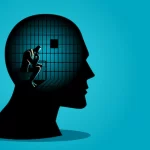
Symptoms and Diagnosis of Depression
Learn the signs that are indicators of depression.
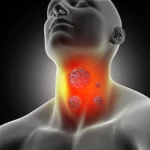
Thyroid Disorders Can Cause Depression-Like Symptoms
In many people, symptoms of depression may be a sign of thyroid problems.

Seasonal Affective Disorder
Less sunlight and changes in circadian rhythm, a person’s internal clock, can cause depression and mood changes in some people.

Grief Versus Depression
Understand the difference between normal grieving versus depression.

The Life Cycle of Mood Disorders
Mood disorders most often surface by the age of 30, but they can occur at any age. Learn how depression and bipolar disorder progress and change over time.

Overview of Bipolar Disorder
People with untreated bipolar disorder, a mental health disorder, usually have long periods of depression and short periods of mania, changing their mood frequently.

Persistent Depressive Disorder (Dysthymia)
Persistent depressive disorder is a form of chronic depression that is milder than major depression. If left untreated it can develop into major depression.

Suicide and Mood Disorders
Suicide is the tenth leading cause of death in the United States and is a major complication of depression. One of the most important steps in preventing suicide is to recognize the warning signs.

Depression in Older Adults
Here's why depression is more common as we age.

Age-Related Macular Degeneration and Depression
Macular degeneration is often accompanied by depression. Learn treatment approaches that help with depression related to low vision.
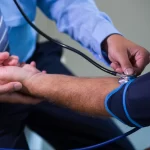
Depression and Anxiety in Type 2 Diabetes Leads to
Worse Cardiovascular Outcomes
A study finds that depression and anxiety are strong predictors of heart disease for those with type 2 diabetes.
Worse Cardiovascular Outcomes

Depression After a Stroke
Depression is common after a stroke. Find out how to identify and treat this difficult mental health condition.

Treatment of Mood Disorders
When a person seeks treatment for a mood disorder or depression, the first step is to have a complete evaluation from a doctor.

Treating Depression in Older Adults
Older adults are more susceptible to side effects than younger people, so drug therapy for depression must be approached carefully.
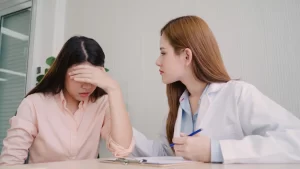
Psychotherapy for Treating Mood Disorders and
Depression
Psychotherapy has been proven effective at treating depression and other mental health disorders, either alone or in combination with medication.
Depression

Lifestyle Habits for Treating Depression
Healthy behaviors that can improve recovery success rates include regular exercise, improved sleep, and good nutrition.
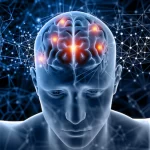
Prayer for Treating Mood Disorders
Prayer, spirituality, and meditation can be a remedy for mental health disorders including depression.
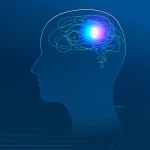
Electroconvulsive Therapy for Treating Depression
Electroconvulsive therapy is used to treat depression and other mental health disorders when other treatments have failed.

Alternative Treatments for Depression
Using supplements and herbal remedies to treat depression can be risky and may have unwanted side effects.
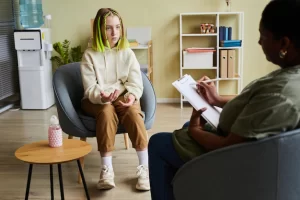
Future Treatments of Depression
Here's a look at some new treatment options for depression currently under investigation.
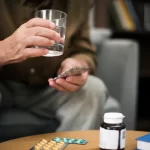
Overview of Treating Depression with Medications
Physicians can choose from a wide range of antidepressant medications to treat depression, but none are without side effects.
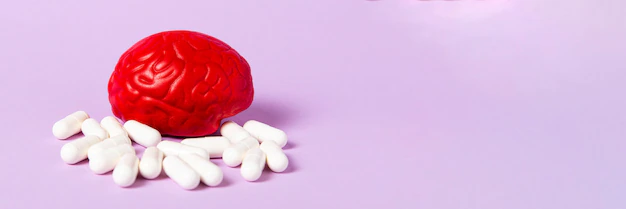
Treating Depression with Selective Serotonin Reuptake
Inhibitors
Here's what you need to know about selective serotonin reuptake inhibitors for treating depression and their potential side effects.
Inhibitors

Treating Depression with Serotonin and Norepinephrine
Reuptake Inhibitors
Serotonin and norepinephrine reuptake inhibitors (SNRIs) treat depression by raising brain concentrations of the neurotransmitters serotonin and norepinephrine.
Reuptake Inhibitors
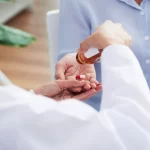
Treating Depression with Tricyclics and Tetracyclics
Best for moderate or severe depression, tricyclics and tetracyclics are antidepressants that raise brain concentrations of norepinephrine, serotonin, and dopamine in order to help with symptoms.
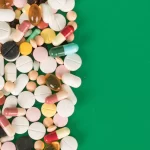
Treating Depression with Monoamine Oxidase Inhibitors
Find out if taking monoamine oxidase inhibitors to treat depression is right for you.
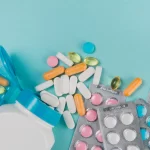
Treating Depression with Serotonin Modulators
and Dopamine Inhibitors
Here's what you need to know about serotonin modulators and dopamine reuptake inhibitors for treating depression and their potential side effects.
and Dopamine Inhibitors
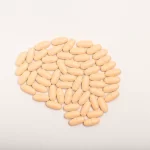
Treating Depression with Antipsychotics
Sometimes even after trying several different antidepressants, symptoms of depression remain. In these cases, adding an antipsychotic to a patient’s current medication may provide relief.

Treatment of Bipolar Disorders with Medications
The core treatment for bipolar disorder is mood-stabilizing medication.

Achieving Happiness After Depression
There's light at the end of the tunnel for people with depression.
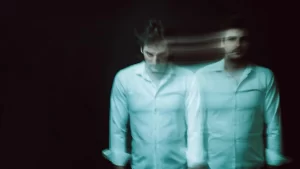
Anxiety Disorders Overview
Anxiety disorder is a mental health disorder characterized by constant feelings of anxiety and worry that may interfere with daily life.

Overview of Generalized Anxiety Disorder
Learn how to tell if your anxiety is normal worrying or an unhealthy disorder.

Overview of Obsessive-Compulsive Disorder
Here's a detailed overview on the symptoms and treatments for obsessive-compulsive disorder.

Overview of Eating Disorders
Learn about the signs and signals of eating disorders that impact people of all ages.

Post-Traumatic Stress Disorder Overview
Learn the signs, symptoms, and treatments of PTSD.
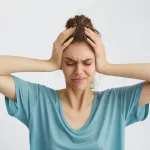
Overview of Panic Disorder
Panic disorder is characterized by sudden but short-lived attacks of terror and a fear of losing control.
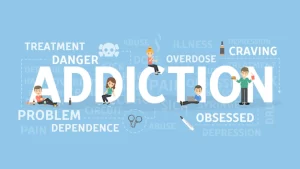
Phobic Disorders Overview
Afraid of planes? Needles? Public speaking? Phobias are persistent, extreme fears that cause anxiety and interfere with daily functioning.

Narcissistic Personality Disorder
Learn the difference between self-centeredness and narcissistic personality disorder.

Treatment of Anxiety
Here's a roundup of the treatment options for anxiety—psychotherapy, stress reduction practices, medications (and their side effects), and herbal remedies.
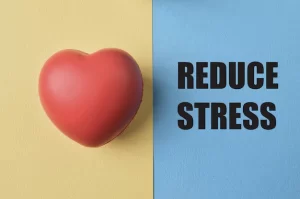
Cognitive Behavior Therapy May Relieve Anxiety by
Changing the Brain
Cognitive behavioral therapy is a type of psychotherapy that may relieve anxiety by changing how the brain deals with fear.
Changing the Brain

Emotional Support Animals
Emotional support animals serve a good purpose by helping people with anxiety, stress, and depression. Here’s the lowdown on this growing animal movement.
